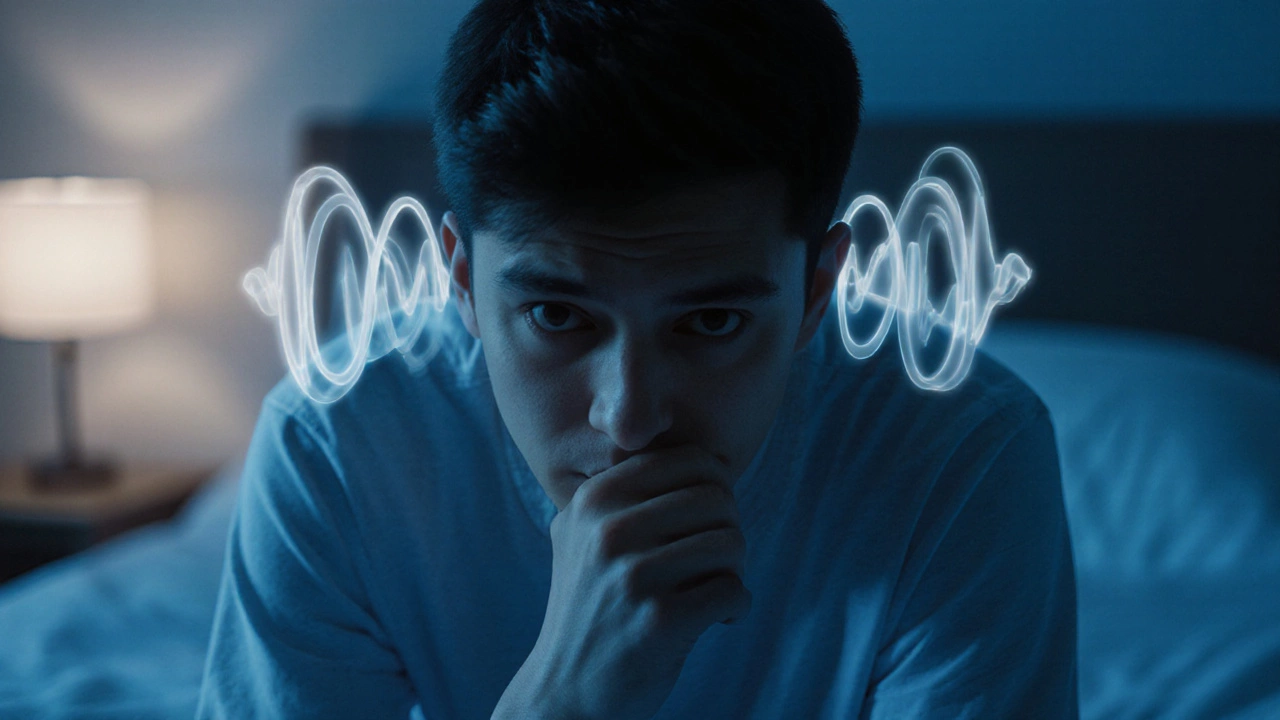Early Signs of Schizophrenia: What to Watch For and When to Act
When someone starts showing the early signs of schizophrenia, a group of subtle behavioral and cognitive changes that often appear before full-blown psychosis. Also known as prodromal symptoms, these signals don’t always mean someone will develop schizophrenia—but they do mean it’s time to pay attention. Many people mistake these signs for stress, teenage moodiness, or laziness. But when they cluster together and last for weeks, they’re not just a phase.
Look for changes in how someone thinks, feels, or acts. They might start withdrawing from friends, stop caring about hobbies, or talk in ways that don’t make sense. Simple things like forgetting appointments, losing interest in hygiene, or reacting oddly to normal sounds can be red flags. Psychosis, a break from reality that includes hallucinations or delusions is often the next stage, but it doesn’t happen overnight. Research from Indian psychiatric studies shows that early intervention can delay or even prevent psychosis in up to 60% of high-risk cases. That’s why spotting these signs early matters more than waiting for a crisis.
Schizophrenia diagnosis, a clinical process based on symptoms, duration, and ruling out other causes isn’t made from one odd comment or a bad day. It’s built over time, with patterns. In India, where mental health stigma still runs deep, families often ignore these signs until someone is in full crisis. But help is available—and it works better the sooner it starts. Therapy, support groups, and sometimes low-dose medication can make a real difference when caught early.
You won’t find a single test for this. No blood work, no brain scan can confirm it alone. It’s about noticing changes in behavior over weeks or months. Is your sibling suddenly sleeping all day? Is your friend convinced people are watching them through the TV? Are they talking about secret messages in songs or feeling like their thoughts are being stolen? These aren’t normal teenage quirks. They’re clues.
And it’s not just about the person showing symptoms. Families feel the ripple effect—confusion, fear, guilt. That’s why understanding the early signs isn’t just medical knowledge. It’s a way to protect someone you care about before they lose too much ground.
Below, you’ll find real stories and expert insights from people who’ve walked this path. Some posts talk about how Ayurvedic routines helped manage stress that mimicked early symptoms. Others break down how modern medicine in India is catching these signs earlier than ever. You’ll also see what happens when families wait too long—and what happens when they act fast. There’s no magic fix, but there is hope—and it starts with noticing the small things before they become unmanageable.
Three Key Warning Signs of Schizophrenia You Shouldn’t Miss
Learn the three early warning signs of schizophrenia, why they matter, and how to act fast. Get clear steps for detection, professional help, and support.
read more
